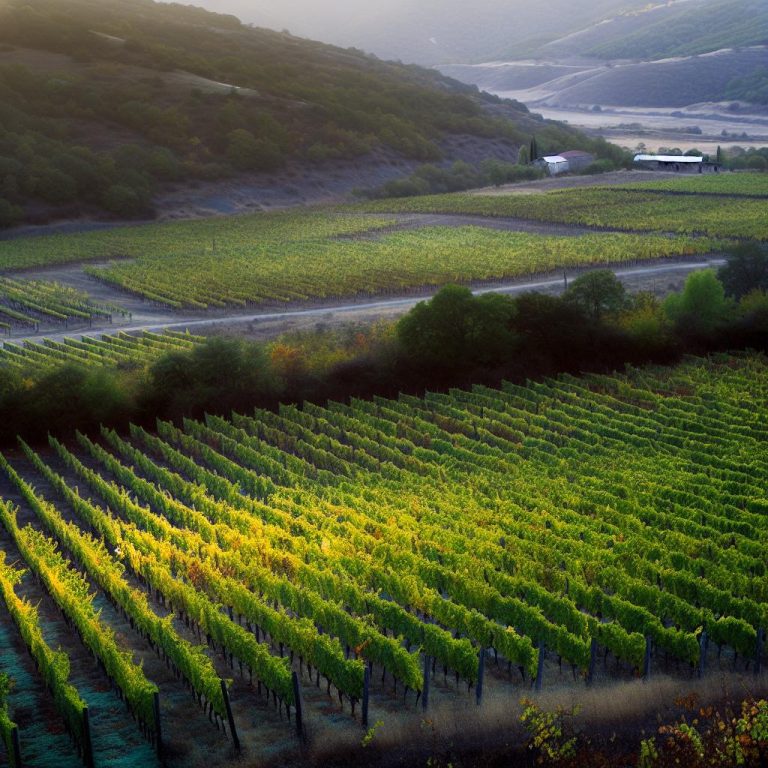Exploring the Renaissance of Winemaking on Corn Island
The small Corn Island, located off the Caribbean coast of Nicaragua, is undergoing a fascinating transformation, spearheaded by a cohort of young winemakers. With a keen understanding of historical vinification techniques, these innovative individuals are reviving a nearly forgotten craft, intertwining age-old traditions with modern technological advancements. This movement signals a remarkable development in an area not traditionally associated with wine production and stands as a testament to the resurgence of local culture and industry.
The Historical Context
Corn Island, for many years, has been predominantly recognized for its vibrant marine life and rich agricultural resources. Notably absent from this list is the production of wine, as the island’s tropical climate historically posed significant challenges to viticulture. Instead, the community focused on fishing and other forms of agriculture. However, recent climatic shifts coupled with advancements in viticultural science have opened new doors for entrepreneurial spirits among the island’s youth.
This emergent opportunity speaks to a broader trend where regions previously considered unviable for viticulture are now exploring this ancient craft. These pioneering winemakers on Corn Island are rekindling practices that nearly vanished, aligning with similar global movements of returning to and reviving ancestral techniques. By integrating historical methodologies with innovative technologies, they endeavor to create unique wines that stand apart from those produced in more conventional wine regions.
The Blend of Old and New
At the heart of Corn Island’s winemaking revival is a profound respect for tradition, manifested through the adoption of techniques passed down over numerous generations. Many of these methods predate modern winemaking conventions and focus on organic and sustainable practices. These traditional processes include natural fermentation, a method that allows native yeasts to influence the wine’s flavor profile uniquely. Furthermore, the winemakers champion the utilization of locally sourced ingredients, enhancing the authenticity and terroir of their wines.
Embracing modern technology does not diminish their reliance on these ancient approaches. On the contrary, blending the old with the new provides a rich canvas for creativity and innovation. For instance, while they adhere to sustainable organic farming—eschewing chemical fertilizers and pesticides—they also employ cutting-edge climate control technologies to combat the region’s specific challenges. Manual grape harvesting further exemplifies their dedication to sustainability, reducing the ecological footprint typically associated with mechanized farming.
Challenges in Winemaking
Despite its promising potential, the renaissance of winemaking on Corn Island is fraught with challenges. The tropical climate, with its high humidity and prevalent pests, poses a significant threat to grapevines, often affecting both yield and quality. Moreover, the island currently lacks the infrastructure typically required for large-scale wine production, which compounds the logistical challenges faced by these nascent winemakers.
Nonetheless, these challenges have not deterred the island’s aspiring viticulturists. They have enlisted the expertise of agricultural scientists and climatologists, collaborating to identify grape varieties that might thrive in Corn Island’s unique environment. Through selective breeding and experimental growing trials, they aim to establish varietals that can withstand the island’s climatic pressures while producing quality fruit.
Efforts to develop suitable infrastructure are also underway. These endeavors aim to respectfully merge traditional crop cultivation with sophisticated winemaking facilities, ensuring that modern standards can be met without undermining the cultural heritage and environmental integrity of the island.
A Promising Future
The undertaking by Corn Island’s young winemakers represents a progressive fusion of historical inspiration with contemporary innovation. It transcends mere industry revival, symbolizing a harmonious coexistence of tradition and modernity that could redefine the island’s agricultural identity. As these entrepreneurs continue to hone their skills, they steadily position Corn Island as a unique contributor within the global wine industry.
Beyond mere economic gain, this initiative fosters a deeper cultural and environmental awareness. It underscores a revitalized respect for ancient practices, highlighting the adaptability and resilience inherent in modern agricultural endeavors. Their journey not only promises to cement Corn Island’s place on the viticultural map but also encourages a sustainable approach that can inspire similar projects across the globe.
For those intrigued by the prospect of experiencing this remarkable journey firsthand, visiting Corn Island could prove to be a rewarding expedition. Local travel agencies offer potential pathways for experiencing the burgeoning wine culture, emphasizing the unique blend of tradition and innovation that defines the island’s vinicultural renaissance. Information on travel and tourism opportunities to the island can be procured from agencies specializing in Nicaraguan tourism. Moreover, these visits offer the chance to engage directly with local winemakers, gaining insight into their creative processes and witnessing the renaissance of winemaking in this tropical haven firsthand.
Such interactions not only elevate one’s appreciation for the craftsmanship inherent in wine production but also contribute to a broader understanding of how historical practices can be reintegrated into modern contexts, thus enriching the cultural tapestry of regions like Corn Island in unexpected and delightful ways.
